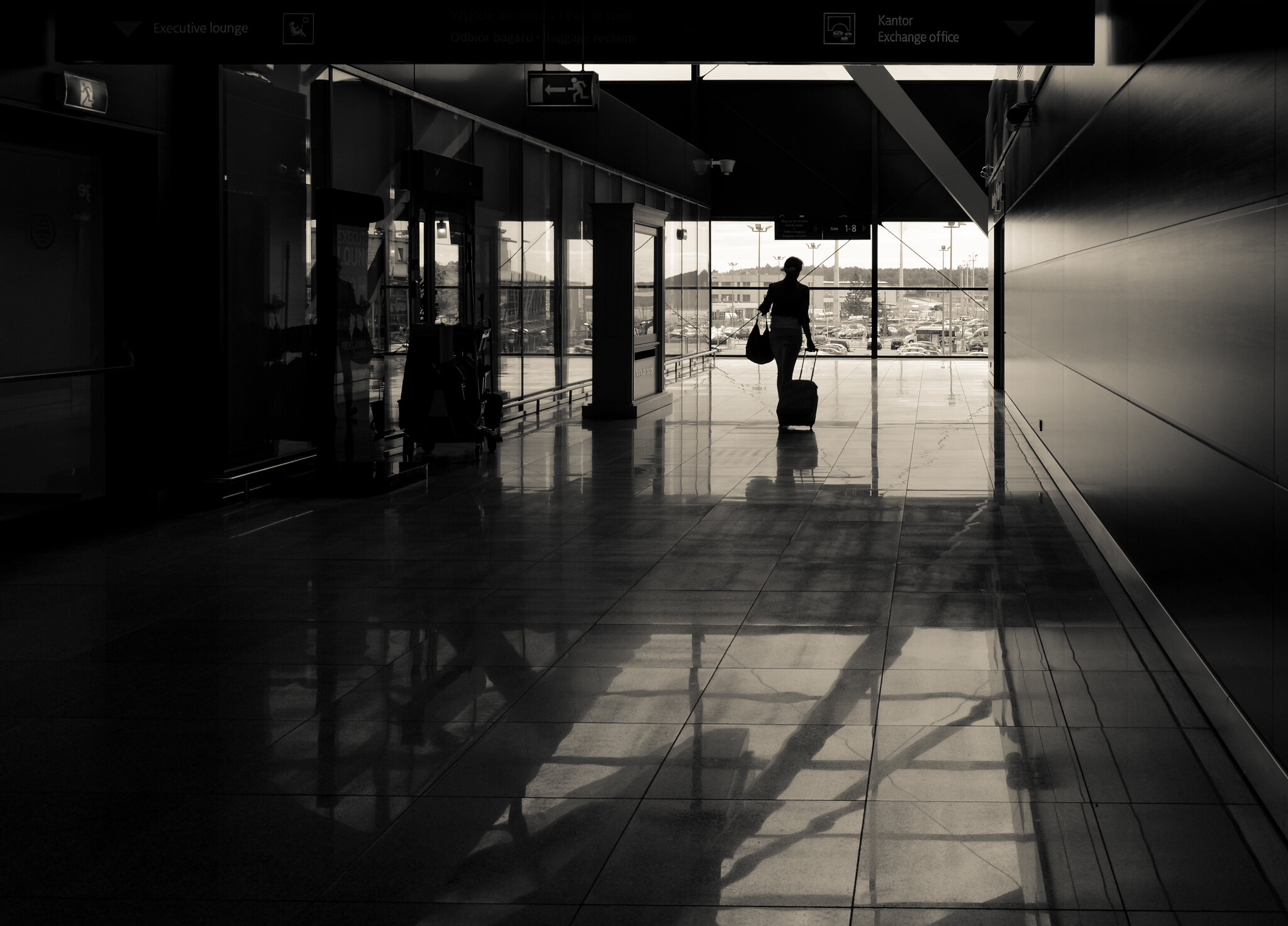For many people, trip is a time to calm down and recharge our batteries. However can trip even be good for our psychological well being? In line with some specialists, the reply is sure. A examine by the American Psychological Affiliation discovered that individuals who took trip days had been extra prone to report feeling glad with their jobs and fewer prone to expertise burnout. Different analysis has proven that holidays might help to scale back stress ranges and enhance general well-being. Are you having hassle affording your trip? Attempt utilizing loans for trip to prebook every part upfront and pay it off over time.

So when you’re feeling frazzled, a trip may simply be what the physician ordered. After all, it’s vital to decide on a trip that’s best for you. For some individuals, a quiet seashore trip is an ideal approach to calm down, whereas others could choose a extra lively trip like climbing or snowboarding. Whichever kind of trip you select, the vital factor is to take a while for your self and recharge your batteries.
field]Different articles you possibly can learn:
[/box]
Listed below are 5 the reason why you need to take a trip:
1. Holidays provide help to calm down and de-stress
2. Holidays might help you reset your physique clock and enhance your sleep
3. Holidays can increase your temper and enhance your psychological state
4. Holidays can improve creativity and productiveness
5. Holidays can cut back the chance of burnout and sickness
Variations between the usand the remainder of the world relating to holidays
There are lots of variations between trip tradition in the US and the remainder of the world. For one, trip time is rather more restricted within the US. In line with the Group for Financial Cooperation and Improvement, the typical American employee will get simply 10 trip days per yr, in comparison with the worldwide common of 28 days.
That is partially as a result of trip time isn’t legally required within the US, and employers are usually not required to supply paid trip days. In distinction, most different developed nations have legal guidelines mandating each paid trip days and paid holidays. Because of this, employees in different nations can take extra prolonged holidays, with out having to fret about utilizing up all of their trip days.

This distinction may be traced again to the completely different histories of labor and leisure within the two cultures. Within the U.S., work has all the time been a central a part of id, whereas in Europe, leisure has all the time been thought-about an vital a part of life. Because of this, Individuals are inclined to view trip as a time to utterly disconnect from work, whereas Europeans see it as an opportunity to calm down and recharge.
One other distinction between trip tradition within the U.S. and elsewhere in the way in which that trip time is used. Within the US, it’s common for employees to make use of trip time for brief journeys or for leisure actions equivalent to {golfing} or going to the seashore. In distinction, employees in different nations are extra seemingly to make use of trip time for longer journeys or for volunteering and different actions that present a way of function. This distinction could also be as a consequence of cultural norms round work-life steadiness.
